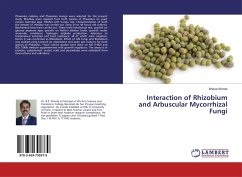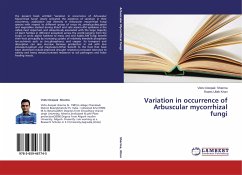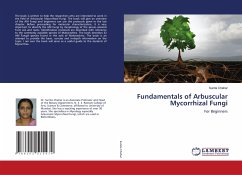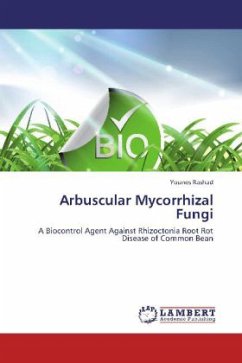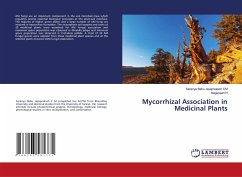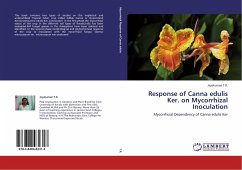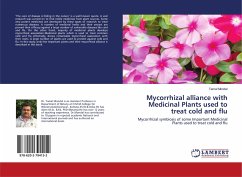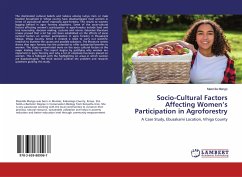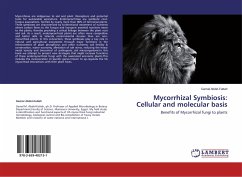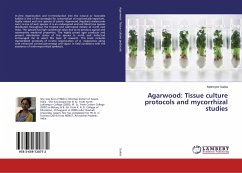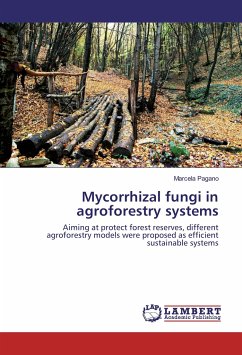
Mycorrhizal fungi in agroforestry systems
Aiming at protect forest reserves, different agroforestry models were proposed as efficient sustainable systems
Versandkostenfrei!
Versandfertig in 6-10 Tagen
37,99 €
inkl. MwSt.

PAYBACK Punkte
19 °P sammeln!
Forest clearing in natural areas in Brazil is increasingly becoming a cause of land degradation. Aggressive vegetation invades those areas, and these early-successional trees and shrubs latter abound, thus retarding natural succession. Aiming at minimizing the predatory and exploratory actions in order to protect forest reserves, different agroforestry models were proposed. The use of a mixture of native species of woody Caatinga and Eucalyptus spp. should allow for renewable sources of fuel in this semi-arid region. This PhD dissertation presents a study aimed at evaluating the mycorrhizal po...
Forest clearing in natural areas in Brazil is increasingly becoming a cause of land degradation. Aggressive vegetation invades those areas, and these early-successional trees and shrubs latter abound, thus retarding natural succession. Aiming at minimizing the predatory and exploratory actions in order to protect forest reserves, different agroforestry models were proposed. The use of a mixture of native species of woody Caatinga and Eucalyptus spp. should allow for renewable sources of fuel in this semi-arid region. This PhD dissertation presents a study aimed at evaluating the mycorrhizal populations and their potential for increasing growth of tree species. Legumes were cultivated in monoculture or mixed plantation with Eucalyptus camaldulensis or Eucalyptus grandis, with or whithout rhizobia and arbuscular mycorrhizal (AM) inoculation. Results indicate that the native species showed a high mycorrhizal dependency. The mixed plantation with these species showed significant differences in AM root colonization and number of spores. The distribution and density of AM species were affected by the host plant and inoculation, allowing patterns similar to those of the preserved area.



